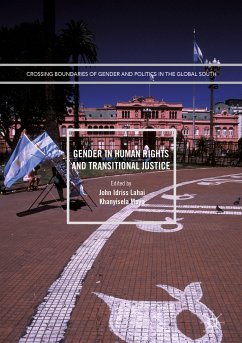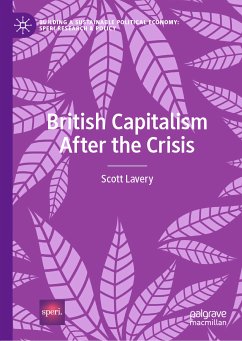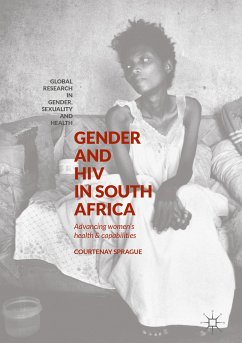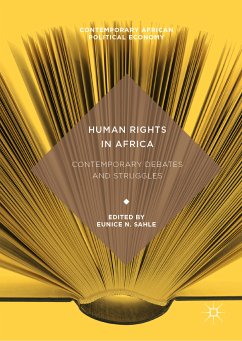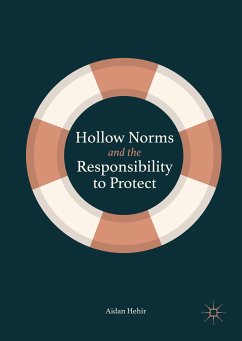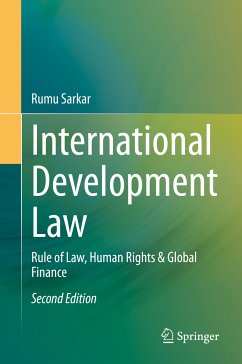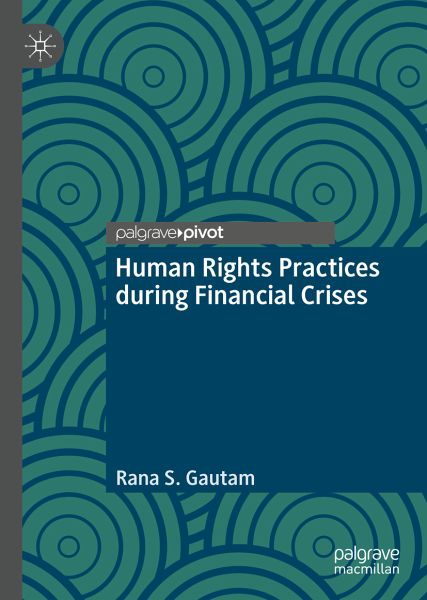
Human Rights Practices during Financial Crises (eBook, PDF)
Versandkostenfrei!
Sofort per Download lieferbar
44,95 €
inkl. MwSt.
Weitere Ausgaben:

PAYBACK Punkte
22 °P sammeln!
Offers a human rights perspective on the topical issue of financial crisis at a time of the growing importance of human rights for development and public policy Marks the first known comparative analysis of the human rights consequences of systemic banking crisis that focuses on low-income and least developed countries Uses a wealth of data to empirically evaluate change in basic human rights and women's economic rights practices Takes a multidisciplinary approach and speaks to a diverse audience interested in human rights, development, political economy, public policy, and social work
Offers a human rights perspective on the topical issue of financial crisis at a time of the growing importance of human rights for development and public policy
Marks the first known comparative analysis of the human rights consequences of systemic banking crisis that focuses on low-income and least developed countries
Uses a wealth of data to empirically evaluate change in basic human rights and women's economic rights practices
Takes a multidisciplinary approach and speaks to a diverse audience interested in human rights, development, political economy, public policy, and social work
Dieser Download kann aus rechtlichen Gründen nur mit Rechnungsadresse in A, B, BG, CY, CZ, D, DK, EW, E, FIN, F, GR, HR, H, IRL, I, LT, L, LR, M, NL, PL, P, R, S, SLO, SK ausgeliefert werden.




